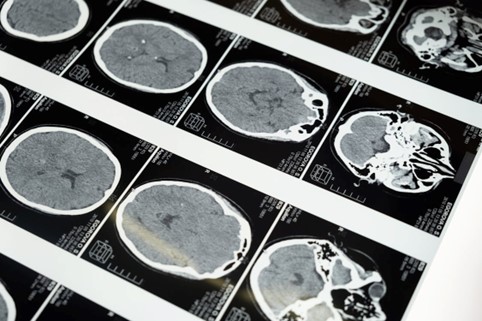
New treatment for Parkinson’s: adaptive deep brain stimulation
New aDBS enables personalisation of treatment and improvement of patient status
Parkinson’s disease is one of the most important neurological challenges of our time. In recent decades, deep brain stimulation (DBS) has revolutionized the management of this condition, providing significant relief to patients. However, scientific research has not stopped. The recent introduction of adaptive deep brain stimulation (aDBS) opens up new therapeutic prospects, promising even greater personalisation of treatment and an improvement in patients’ quality of life.
What is the new adaptive deep brain stimulation?
Traditional deep brain stimulation (DBS), which has been in use for years, is a surgical technique that involves the implantation of electrodes into specific areas of the brain that modulate neuronal activity and alleviate the symptoms of Parkinson’s. Adaptive DBS is more than that. In fact, while DBS has a fixed stimulation intensity that does not adapt to changes in symptoms throughout the day, adaptive DBS constantly monitors brain activity and adapts the intensity of electrical stimulation in real time. It’s like having a virtual personal trainer in your brain, ready to intervene when symptoms intensify.
How does it work?
It’s a bit like installing a small computer in your brain. Implanted sensors detect brain activity and send the data to an external computer. The latter, using sophisticated algorithms, determines the necessary electrical stimulation and sends it to the electrodes. All this happens in real time, completely automatically.
The benefits of adaptive DBS
Adaptive DBS offers several advantages over traditional stimulation:
- Personalization: Each patient has a unique “stimulation profile” adapted to their specific needs and fluctuations in symptoms
- Effectiveness: Significantly reduces motor symptoms, improving the quality of life of patients
- Flexibility: Adapts to changes in symptoms throughout the day, ensuring more consistent relief
- Reduced drug dependence: In many cases, it allows to reduce the dose of drugs, decreasing side effects
Further studies needed
Although preliminary results are very promising, further large-scale studies are needed to confirm the efficacy and safety of adaptive DBS. However, this technology represents a major breakthrough in the treatment of Parkinson’s and opens up new therapeutic possibilities.
A brighter future
Adaptive deep brain stimulation is a hope for millions of people with Parkinson’s. This innovative technology offers a more positive perspective for the future, allowing patients to live a more autonomous and independent life.


